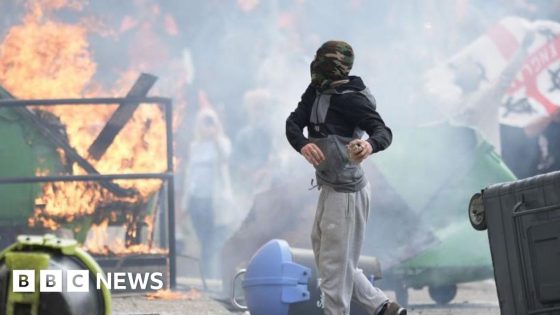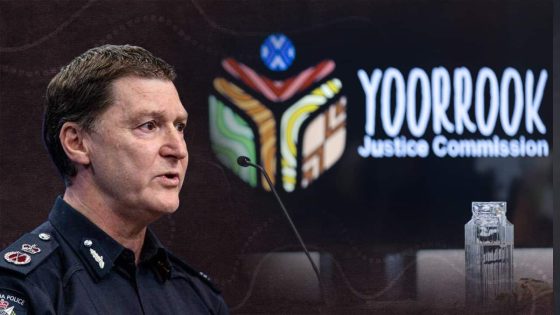The government says social media platforms “clearly need to do far more” after it emerged a list purporting to contain the names and addresses of immigration lawyers was being spread online.
Initially shared on the Telegram messaging app – along with the phrase “no more immigration” – it has now begun appearing on other platforms.
Lawyers have told the BBC they have been advised by police to work from home, board up office windows and install fireproof letterboxes.
Jim McMahon, minister for Housing, Communities and Local Government, told the Today programme, on BBC Radio 4, that he was “concerned”.
One immigration lawyer on the list told the BBC she had been repeatedly threatened, and received messages on Monday from concerned colleagues, clients and members of the public telling her she was “on a hitlist”.
The Law Society of England and Wales said it was treating the list as a “very credible threat” to its members.
“This week has been a stark reminder that the anti-lawyer rhetoric has very real-world consequences for solicitors working tirelessly for their clients, access to justice and the rule of law,” said its president Nick Emmerson.
“We don’t know if they will transpire to be protests like we’ve seen in other places or whether it’s a list that’s intended just to cause alarm and distress or even to provoke,” Mr McMahon said.
“But to be clear we are absolutely prepared in terms of our policing response, in terms of our prosecutor response, and also in terms of our court response.”
The BBC has approached Telegram for comment on the spreading of the list – it is yet to respond.
However, in a previous statement about the unrest it said its moderators were “actively monitoring the situation and are removing channels and posts containing calls to violence.”
It said such “calls to violence” were explicitly forbidden in its terms of service.
Mr McMahon warned people could “expect the full force of the law” if they “cross the line”, whether it is “on the street or online”.
The Telegram group was created just hours after the killing of three children at a holiday club in Southport, on Merseyside, on 29 July.
That triggered waves of unrest in England and Northern Ireland, partly fuelled by far-right activists and online misinformation.
Mr McMahon would not be drawn on whether Telegram could be told to remove channels where the list is being spread, or whether the messaging app could be blocked altogether.
He said it was important that police and prosecutors were able to do their jobs “without any political interference”.
Mark Webster, the chief constable of Cleveland Police, told Today people should be “very careful” about “naming individual premises or saying what we’re doing individually in forces”.
“You will see an awful lot of resource today and over the following days to make sure we can manage responses to all of the intelligence that comes in,” he said.
He urged people to focus on official communications online, and not to “react to things on social media from sources you can’t verify”.
Source Agencies




